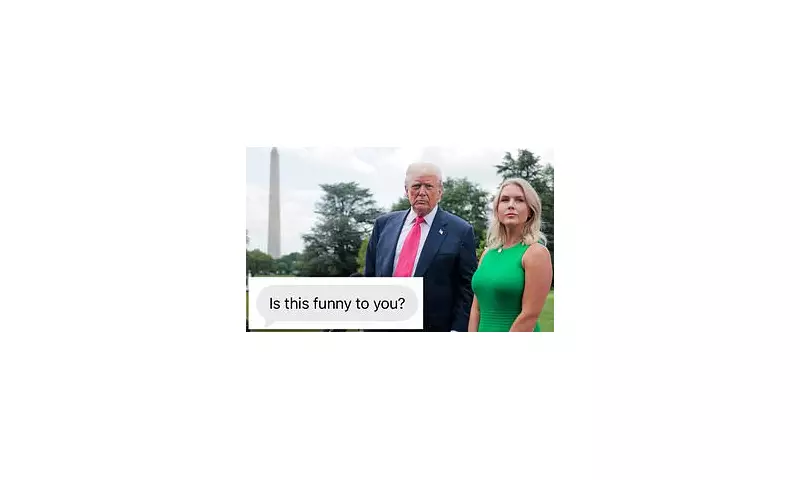
In a dramatic escalation of tensions between the Trump campaign and mainstream media, Karoline Leavitt has publicly shared a brutal text message sent to her by a CNN reporter following a contentious live interview.
The Interview That Sparked the Firestorm
The controversy erupted when Leavitt, serving as spokeswoman for Donald Trump's presidential campaign, appeared on CNN to discuss debate preparations. During the segment, anchor Kasie Hunt abruptly terminated the interview after Leavitt repeatedly criticised the network's debate moderator, Jake Tapper.
'That was dramatic,' Hunt remarked as she cut Leavitt off, claiming the spokeswoman was attacking her colleagues.
The Revealing Text Message
Hours after the explosive interview, Leavitt received a text message from CNN reporter Kate Sullivan that read: 'That was not a good look for you fyi.'
The Republican spokeswoman didn't hesitate to share the message publicly, posting it on X (formerly Twitter) with the caption: 'POV: You just got this text message from a left-wing hack at CNN.'
Campaign Doubles Down on Media Criticism
Leavitt's decision to publicise the private exchange underscores the Trump campaign's increasingly aggressive stance toward what they perceive as biased media coverage. The incident occurred just days before the first presidential debate between Donald Trump and Joe Biden.
In her original interview, Leavitt had argued that Tapper, along with Dana Bash, represented 'biased news anchors' with a history of anti-Trump rhetoric. She specifically referenced Tapper's past description of Trump's presidency as a 'nightmare' and 'three-hour panic attack.'
Broader Implications for Debate Coverage
This confrontation highlights the heightened tensions surrounding media objectivity in what promises to be one of the most closely watched presidential debates in recent history. Both campaigns have expressed concerns about fair treatment, though the Trump team has been particularly vocal about their skepticism toward mainstream outlets.
The public nature of this clash suggests that media relations will remain a central battleground throughout the election cycle, with both sides prepared to challenge perceived bias aggressively.





